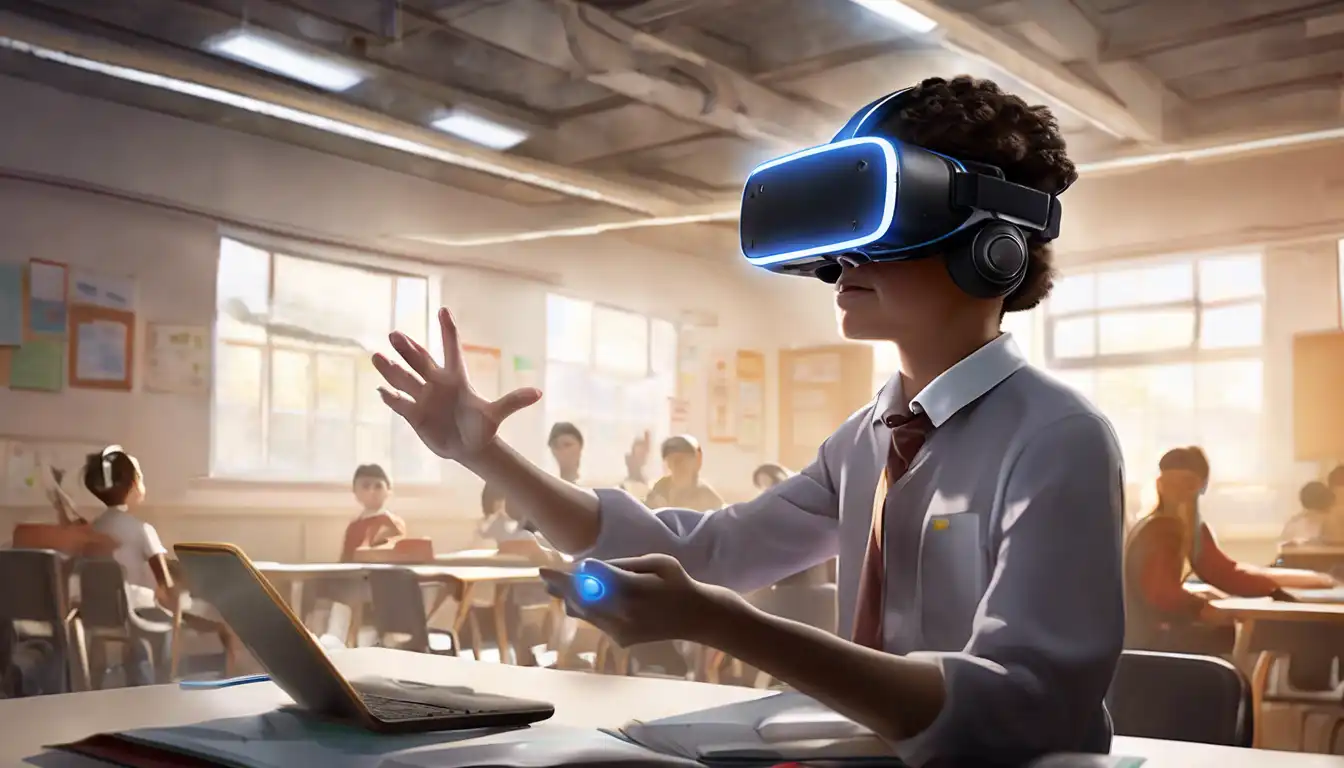The Transformative Impact of Virtual Reality on Learning and Development
Virtual Reality (VR) technology has emerged as a groundbreaking tool in the realm of education and training, offering immersive experiences that were once unimaginable. By simulating real-world environments, VR provides learners with the opportunity to explore, interact, and engage with content in a deeply personal and impactful way.
Why VR in Education?
The integration of VR into educational settings is revolutionizing the way students learn. From virtual field trips to historical sites to interactive science experiments, VR makes learning more engaging and accessible. Studies have shown that VR can enhance retention rates by providing hands-on experiences that stimulate multiple senses simultaneously.
VR in Professional Training
Beyond the classroom, VR is transforming professional training across various industries. For instance, medical students can practice surgeries in a risk-free environment, while engineers can explore complex machinery without the need for physical models. This not only reduces costs but also significantly improves safety and efficiency.
Benefits of VR in Learning
- Enhanced Engagement: VR captivates learners' attention like no other medium, making education more enjoyable.
- Improved Retention: The immersive nature of VR helps in better retention of information.
- Accessibility: VR can bring distant or inaccessible locations right into the classroom.
- Safe Learning Environment: It allows for the practice of dangerous or sensitive tasks without real-world risks.
Challenges and Considerations
Despite its potential, the adoption of VR in education and training faces several challenges. These include the high cost of VR equipment, the need for technical support, and the development of quality educational content. However, as technology advances and becomes more affordable, these barriers are gradually being overcome.
The Future of VR in Education and Training
The future of VR in education and training looks promising. With continuous advancements in VR technology, we can expect more realistic simulations, wider accessibility, and greater integration into curricula and training programs. The potential of VR to transform learning and development is immense, and we are just beginning to scratch the surface.
For more insights into how technology is shaping education, check out our article on The Role of AI in Personalized Learning.
